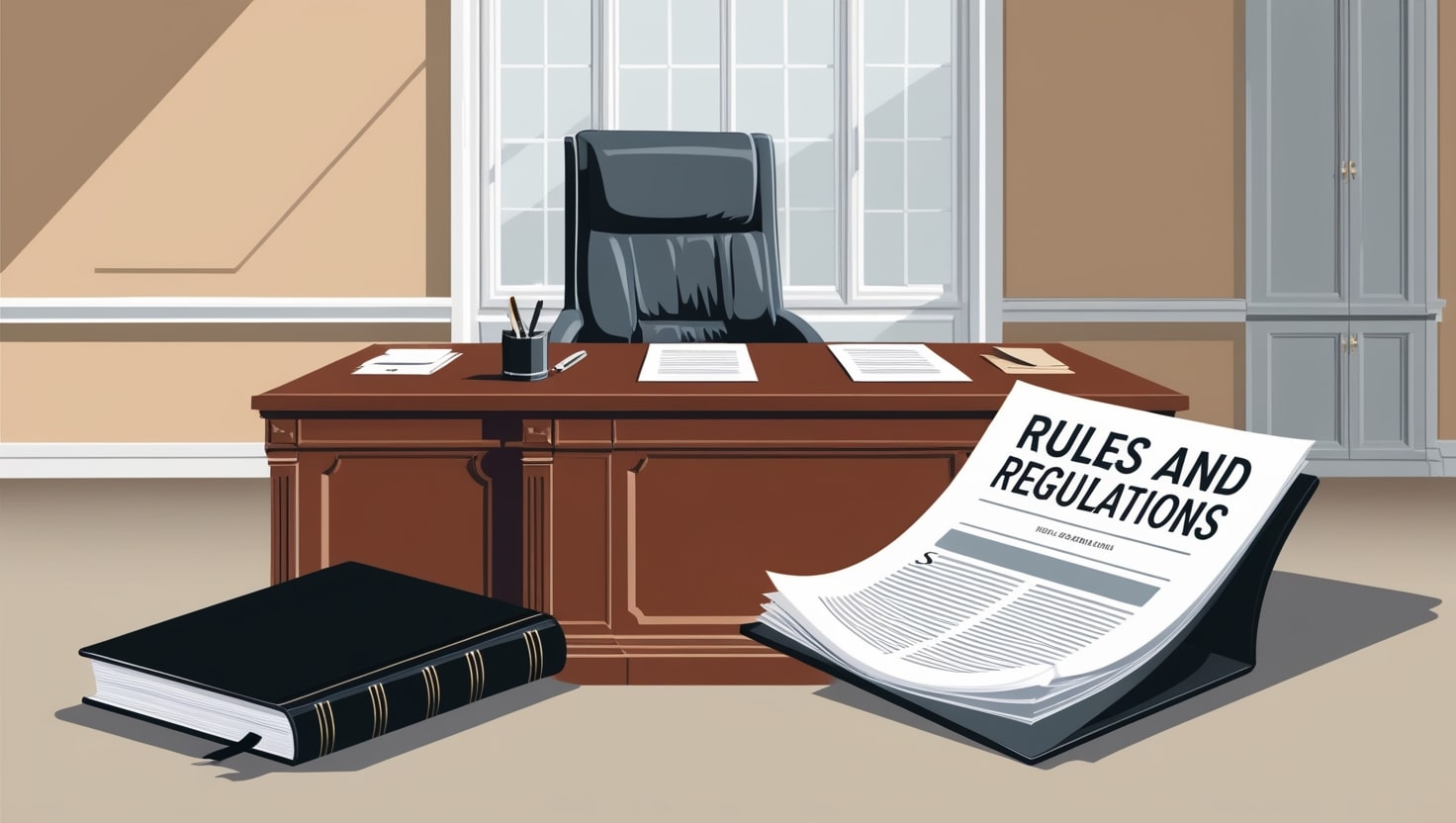Austin, United States Airbnb Rules & Regulations
Last updated on: 4th July, 2025


Last updated on: 4th July, 2025

Airbnb Regulations in Austin: A Brief Overview (2024)
Austin, Texas, imposes specific regulations on short-term rentals (STRs) to balance the interests of homeowners, renters, and visitors, with the objective of maintaining the integrity of residential neighborhoods. Here’s a summary of the key aspects of these regulations as of 2024:
Licensing Requirements: All STR operators must obtain a license from the City of Austin before listing their properties. This includes all rentals, such as individual rooms or entire homes, rented for less than 30 consecutive days. Applicants must provide proof of property insurance and a floor plan of the rental, and licenses must be renewed annually.
Zoning and Property Eligibility: Only properties located in areas zoned for residential or commercial use are eligible to operate as STRs. Specific rules apply to different property types:
Occupancy Limits: To ensure neighborhood tranquility, Austin enforces strict occupancy limits. Short-term rentals can host a maximum of six unrelated adults or up to ten related individuals, with no more than two unrelated adults per bedroom.
Safety Compliance: STRs must meet safety requirements that include having smoke detectors, fire extinguishers, and clearly marked emergency exits. Property owners must secure a Certificate of Occupancy before operating, which involves passing inspections that verify adherence to safety standards.
Noise and Disturbance Regulations: Operators are responsible for minimizing noise and disturbances, particularly during the city’s enforced quiet hours from 10 PM to 7 AM. They must also provide clear contact information for neighbors to report any issues.
Tax Obligations: Owners of STRs are required to collect a 6% Hotel Occupancy Tax (HOT) from guests. They must register with the City to collect this tax, report it quarterly, and adhere to all tax filing requirements.
Legal Compliance and Updates: Ongoing legal challenges and recent court rulings may influence regulations; therefore, it’s essential for STR owners to stay informed of changes through official city resources.
By understanding and complying with these regulations, property owners in Austin can navigate the complexities of operating short-term rentals effectively, while contributing to the community’s wellbeing.